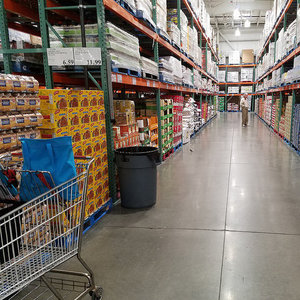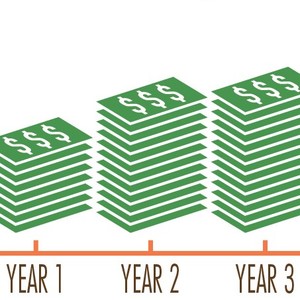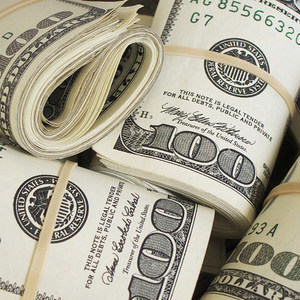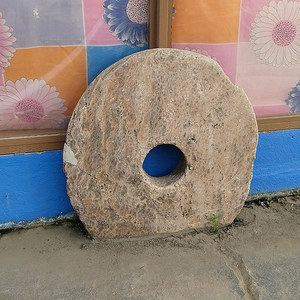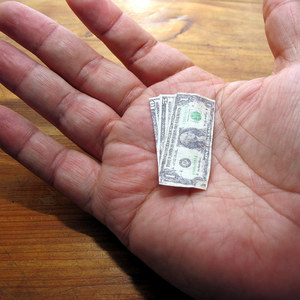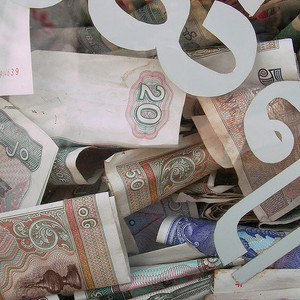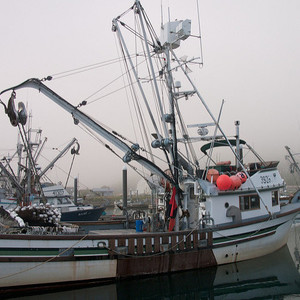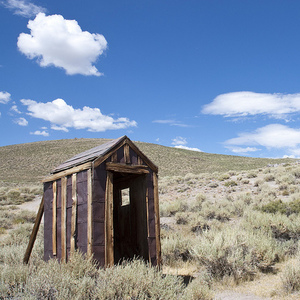Some basic economic norms shape how most retail stores operate. These include: attract as many potential shoppers as possible; make it easy for them to find what they need; and make it appealing for them to return often so that they will spend money at the store. But some members-only warehouse stores break all those rules–and succeed anyway. Listen to find out why these stores do it differently, and why, despite breaking the rules of retail, they thrive.
Continue reading “How an Entrepreneur Created the Big Box Store”What it Takes to Raise Your Income
Nurses save lives. They practice in a variety of traditional healthcare settings, and classifications of nurses earn different salaries. On average, nursing salaries in the United States are 7% higher than the average job salary nationwide. In fact, the Bureau of Labor Statistics projects that nursing will be among the ten fastest growing occupations of the next decade. For people who want a good-paying, stable nursing job, one class stands in the way: Anatomy and Physiology. Listen to learn how one technical college adapted its nursing program to increase its rate of student success.
Continue reading “What it Takes to Raise Your Income”Making 3 Trillion Dollars Disappear
People often speculate about whether the Federal Reserve will raise the interest rate or keep it where it is. The Federal Reserve is charged with the responsibility of keeping the U.S. economy on track, and it has the power to raise and lower the interest rate as well as create money. That’s just what it did in response to the financial crisis of 2008—it created three trillion dollars to prop the economy up. Now that the economy has more or less recovered, all that money poses a threat. Listen to this story to find out why and to learn what the Federal Reserve intends to do about it.
Continue reading “Making 3 Trillion Dollars Disappear”How The Tooth Fairy Helps Explain The Rising Cost of Parenting
This story explores an important economic question: When a kid loses a tooth, how much should the tooth fairy pay? That may sound like a joke, but the tooth fairy’s payoff provides an example of inflation—the amount the price of goods increases each year—and of the economic principle called “income elasticity of demand.” Listen to the story to find out what teeth are going for these days, and what economists have to say about it.
Continue reading “How The Tooth Fairy Helps Explain The Rising Cost of Parenting”The Island of Stone Money
This story looks at a small island in the Pacific Ocean called Yap to answer a big question: What is money? On Yap, limestone is considered valuable, much like gold and silver in other places. But because limestone is very heavy, people can’t move it easily. As a result, money has become more abstract. People agree to its value, but don’t necessarily have the limestone itself. Listen to learn what money is and to explore how people in our society, too, buy and sell by using something (coins and bills) that represents something valuable, rather than using the valuable thing itself.
Continue reading “The Island of Stone Money”What Causes Low Inflation?
The United States economy has experienced slow but steady growth since the 2007-2009 recession. Historically, one result of an improving economy should be an increase in the overall level of prices – inflation. This has not been the case, however, and inflation has stayed low. Inflation has remained low in part because most people don’t worry about it rising, and they aren’t rushing to buy products before they go up in price. Listen to this story from Planet Money and hear what low inflation sounds like, and how your behavior can directly affect whether prices rise or fall.
Continue reading “What Causes Low Inflation?”In an ATM, Learning to Trust Banks
In the developed world, a lot of money changes hands without anyone actually touching it. That’s because many people get paychecks, do their shopping, and pay their bills electronically. When you put your debit card into an ATM, you assume that the machine is connected to a trusted institution and knows how much is in your account and will, in fact, give you the amount of cash you asked for. In other words, you trust the process and the bank. But what if you couldn’t? Listen to find out how people in Myanmar are trying to adjust to banking electronically in a setting where it’s not always reliable.
Continue reading “In an ATM, Learning to Trust Banks”A Change in Market Structure Protects Alaskan Fishermen
Government policies designed to prevent overfishing inadvertently made halibut fishing in Alaska very dangerous. Fishermen pushed back, and a new policy was put in place that has made the industry safer. It regulated competition by making the fishing more efficient. Listen to this story to understand how government mandated changes in the market structure had unintended consequences.
Continue reading “A Change in Market Structure Protects Alaskan Fishermen”Quebec’s Maple Syrup Stockpile
A basic rule of economics is that the price of products increases when demand exceeds supply, and the price decreases when supply exceeds demand. But producers can tinker with that formula. If they want to get around the supply-and-demand cycle, they can stockpile supplies and decide how much of a product to make available for consumers. Listen to find out how maple syrup producers in Quebec, Canada keep prices high for this prized commodity.
Continue reading “Quebec’s Maple Syrup Stockpile”The Toilet Cartel
Many people in Dakar, Senegal, choose the least expensive way to dispose of the raw sewage that collects in their septic systems. The result is that sewage contaminates their neighborhoods and makes people sick. The healthier option is more expensive, and it stays expensive because sewage collection companies have agreed not to compete with each other. They set a price that makes the cost too high for most people to pay. Listen to learn about how an economist implemented a new program to bring down prices and clean up the local environment.
Continue reading “The Toilet Cartel”

